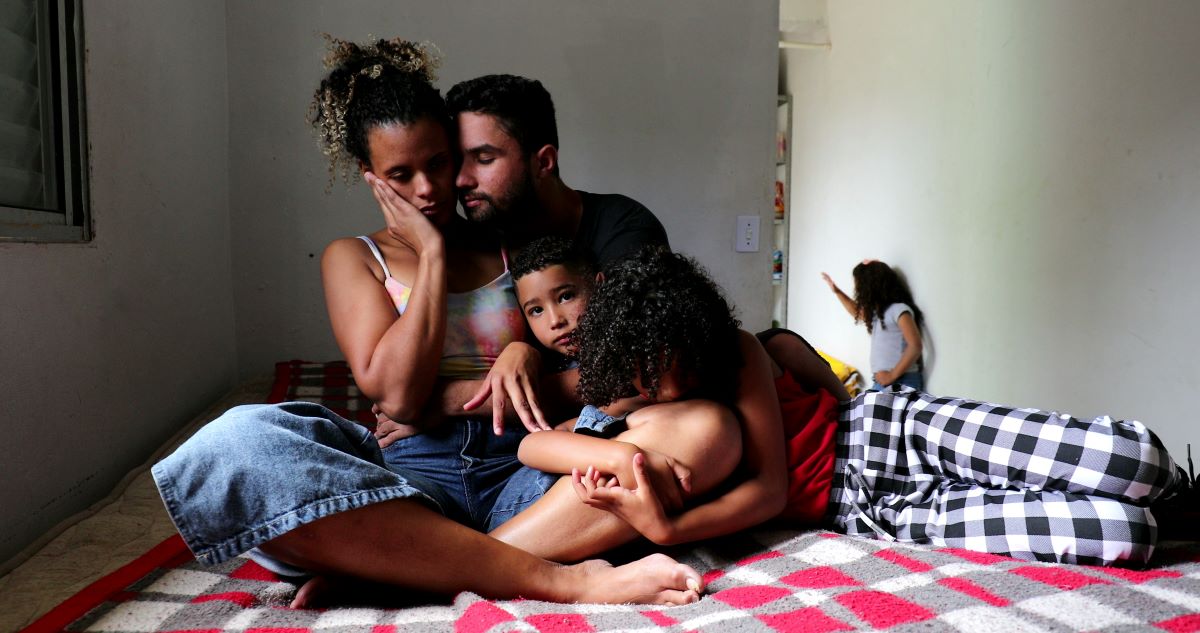We live in the Age of Information, an unparalleled page of history in the making where everything you’ve ever wondered about is merely one Google search away.
Knowledge was once something difficult to obtain. For example, 100 years ago, only 35% of U.S. residents had phones, meaning that 65% of Americans in the previous century needed to know Morse code just to send and receive basic info. Ironically, we’re only able to divulge that data now because it’s readily available online.
The information revolution, spawned by modern tech like smartphones and WiFi, made information more accessible to a broader group of people. But that doesn’t mean modern people are definitely more informed.
Pew Research reports that only 22% of today’s readers are eager and willing to learn new things. Other individuals are much less optimistic about all the info, with 25% identified as wary and 24% described as doubtful.
Perhaps this data explains why certain modern horrors can exist right under our noses without ever really breaching that mental barrier we’ve set up between mindful cognizance and willful ignorance. Perhaps it explains why something as abundant and in-your-face as homelessness has been relegated to the background of our minds.
We Know Homelessness Exists, Yet We Still Try to Ignore it Away
It’s there. We have to know. The devastating crisis has been on the rise for years. One in 30 school-aged children is without a home. 21 out of every 10,000 returning U.S. soldiers are without a home. The number of individuals experiencing homelessness on any given night is edging up to almost 600,000. According to the International Journal of Radiation Oncology, at least 3 million Americans will experience homelessness throughout the calendar year.
We can’t pretend we don’t see the crisis. It is everywhere, from TikTok videos and Facebook feeds to streaming news channels and sketchy urban surveillance footage. Moreover, the crisis is at your feet every time you take the stairs in the subway. Every time a coffee shop posts a sign that discourages loitering, it is at your attention. It is on your ballot every time a senator suggests a new and novel camping ban to criminalize poverty while fattening the pockets of corrupt politicians.
Homelessness is evident in the finite details, the little pointy pegs that wedge their way out of bus benches, and the tent city sweeps that occasionally make major news headlines. Homelessness might be an extra set of blankets on a grandmother’s sofa or a van that never leaves the Walmart parking lot.
But you don’t have to rummage through the sewers to see people living under the boot of this heartbreaking phenomenon (although if you search, you will find them there). You need only take a shortcut through a local city park. Stop at a busy intersection, a local library, or, tragically enough, an elementary school, and there you will find it – homelessness – staring you right in the face.
How Do We Live Surrounded by Homelessness and Still Fail to Recognize it as a Crisis?
Author Niloufar Haidari for Vice U.K. states:
“The tendency to ignore homeless people and treat them as invisible is both a product of the narrative around rough sleepers – myths that frame them all as scammers, substance abusers, and criminals – and our increasingly alienated and individualistic lives.”
In her very telling article on the subject, she reminds us of the dehumanizing tactics used to criminalize people living in poverty. She points out instances of authority figures warning housed citizens not to “encourage beggars” and parents pointing to rough sleepers as examples of who not to become.
Ebony Magazine implies that we shun the intrinsic link between homelessness and poverty, likely because we teeter on its brink. With housing and rental prices through the roof and inflation rising at unprecedented rates, CNBC reports that a jaw-dropping 64% of all Americans are now living paycheck to paycheck. That makes homelessness one pitfall or emergency from their front door.
Is it possible that homelessness isn’t hitting home because it’s already knocking on our front doors? Is it possible we avoid our unhoused neighbors gazes for fear we’ll see our futures in their steely eyes?
The dreamlike trance we’ve taken is not a stance toward homelessness but a divergence from reality. If homelessness doesn’t hit home soon, it will take our homes instead, just like it has so many others. Everyone is game.
Contact Your State Representatives About the Homeless Crisis
The homeless population is steadily increasing and the crisis is deepening. There’s never been a better time to reach out to your representatives and express your concerns over the crisis. Please consider contacting your legislator today and asking them how they plan to make housing a human right.











